"Sophie: non ha mai 5 euro nel portafogli, ma ha la borsa piena di cose che non si sa ben identificare. Tra queste l'unica certa è un libro vecchio, o usato. Popola le biblioteche ma non troppo, più spesso sale fra le nuvole, secondo piano, in fondo , a sinistra"
Don't wanna be here? Send us removal request.
Text
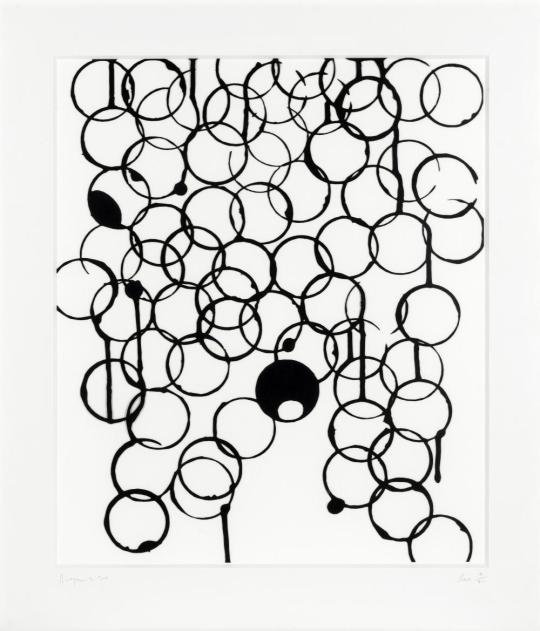

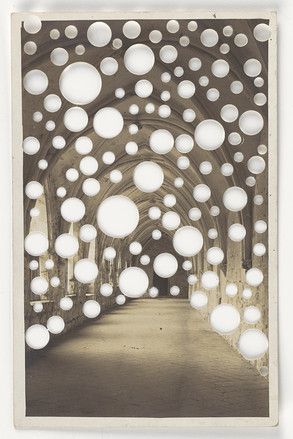
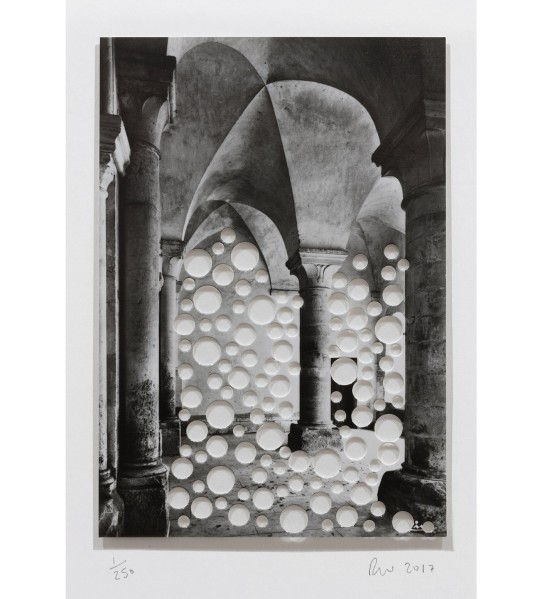
Ringmark,2010
Archways, 2005
Untitled, 2017
Rachel Whiteread (b. 1963, London) studied painting at Brighton Polytechnic, Brighton and Sculpture at the Slade School of Fine Art, London. Whiteread is recognised as one the leading female sculptors of her generation, best known for her minimalist casts that are at once monumental yet contextually intimate. She was the first woman to receive the Turner Prize in 1993 and represented Britain in the the 1997 Venice Biennale. Alongside a number of notable public commissions, Whiteread has exhibited extensively worldwide, with solo exhibitions at acclaimed institutions such as Kunsthalle Basel; the Reina Sofia, Madrid; the Serpentine Gallery, London, the Deutsche Guggenheim, Berlin and the Hammer Museum, Los Angeles.
7 notes
·
View notes
Photo
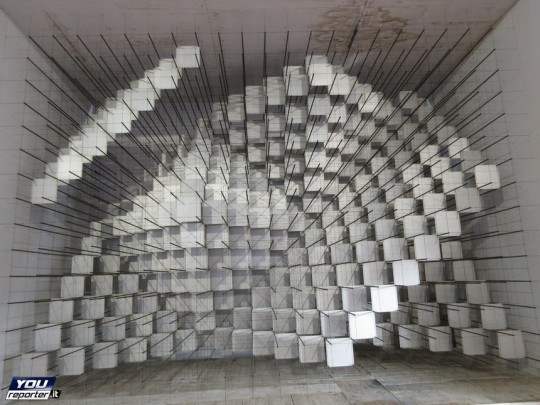
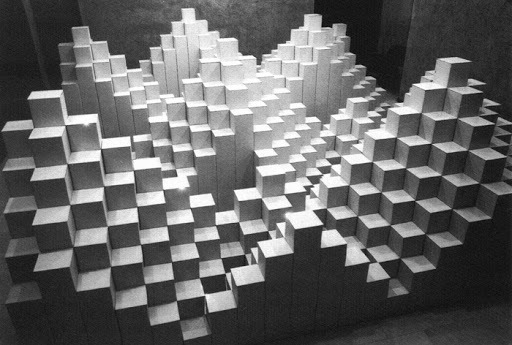
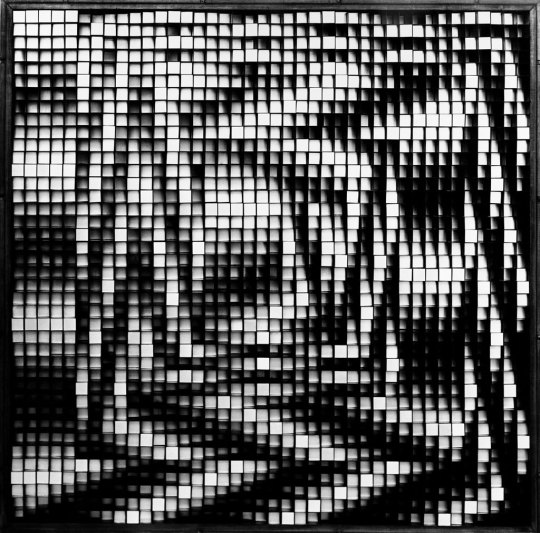
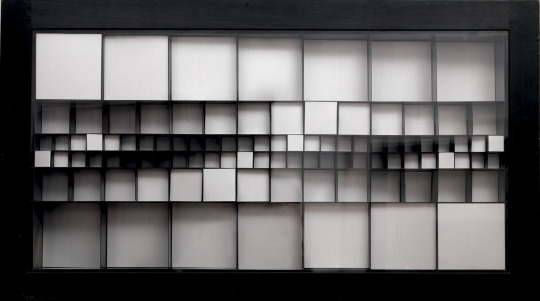
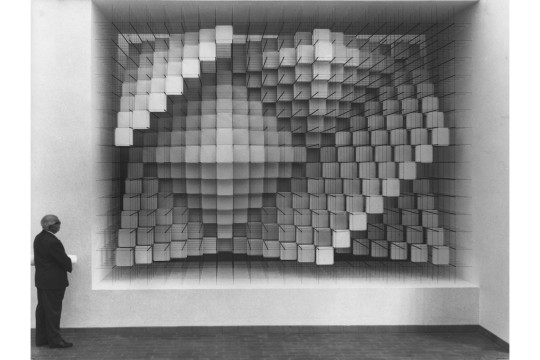
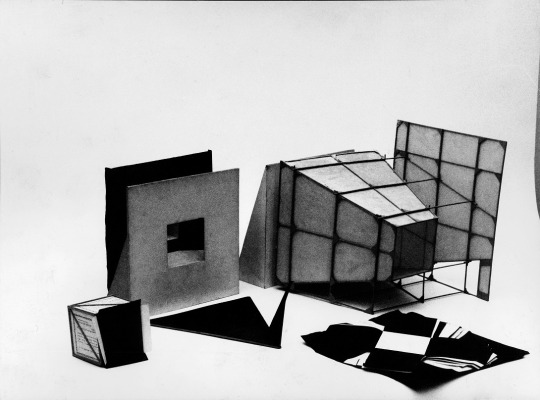
Goodbye Enzo Mari
https://www.artribune.com/progettazione/design/2020/10/muore-enzo-mari-teorici-autori-design-italiano/
“Mari non è un designer, se non ci fossero i suoi oggetti mi importerebbe poco. Mari invece è la coscienza di tutti noi, è la coscienza dei designers, questo importa”.
#enzo mari#design#triennale#love#art#bw#italian#project#industrial design#product#Architecture#miss#milano#Milan Italy
9 notes
·
View notes
Photo
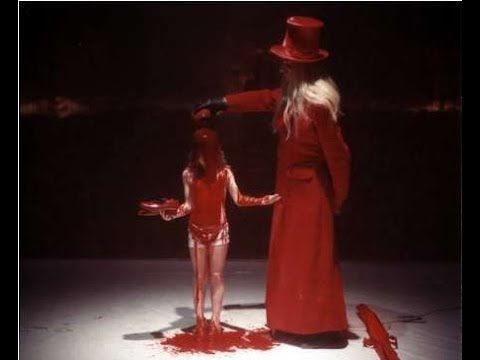
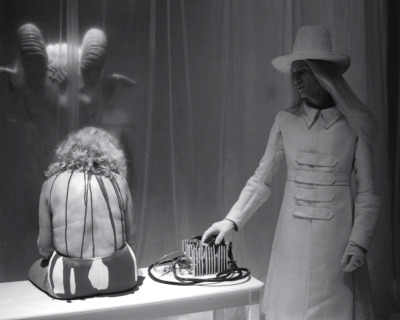
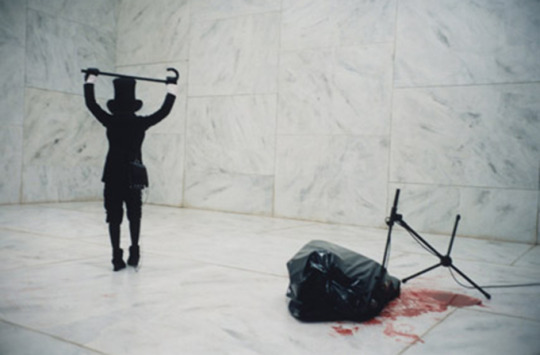
Endogonidia, Romeo Castellucci
21 notes
·
View notes
Photo
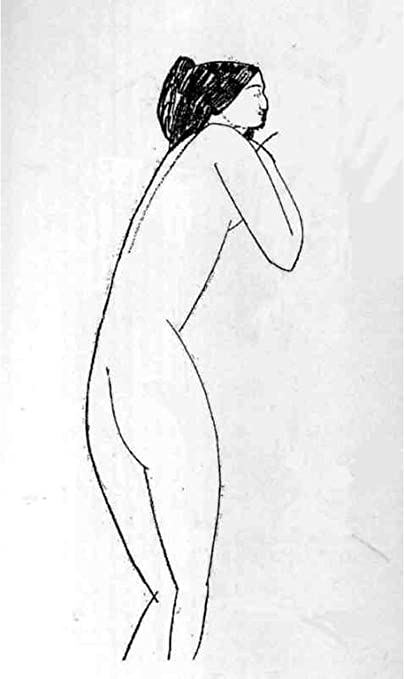
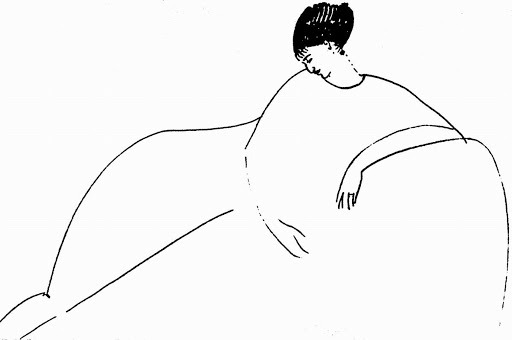
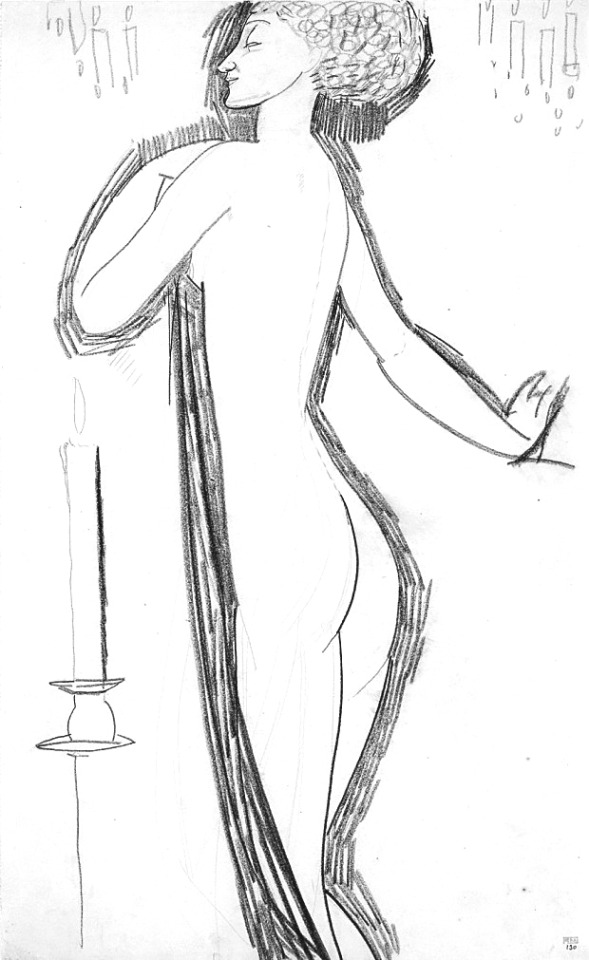
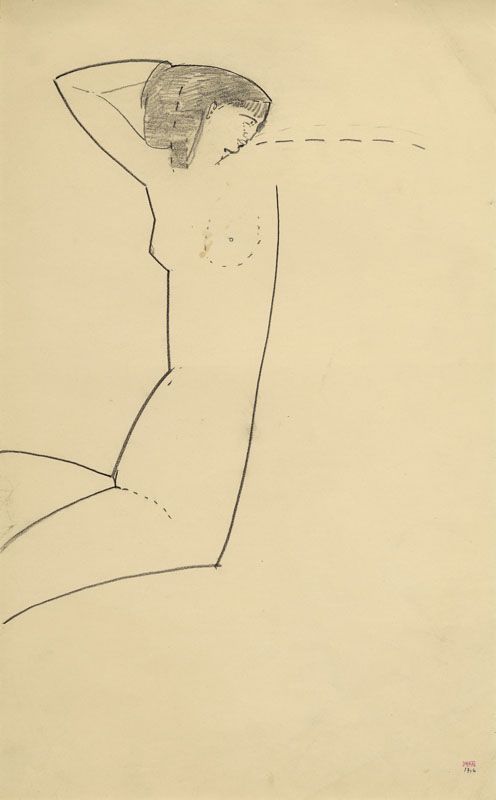
Anna Achmatova, by Amedeo Modigliani
#anna achmatova#modigliani#art#poetry#love#russia#italia#france#sex#sketch#draw#pencil#verse#war#nude#woman
1 note
·
View note
Photo
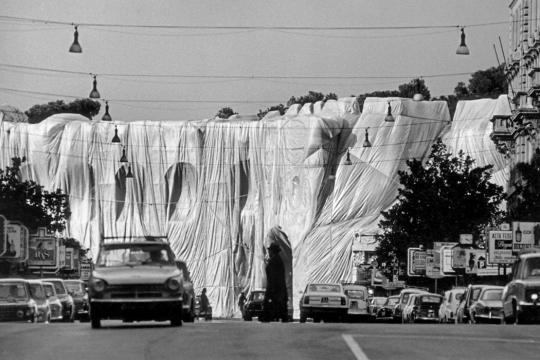
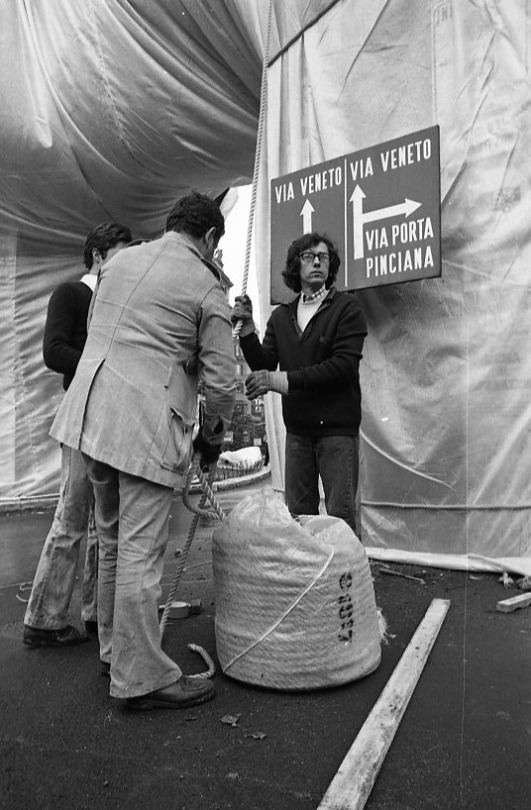
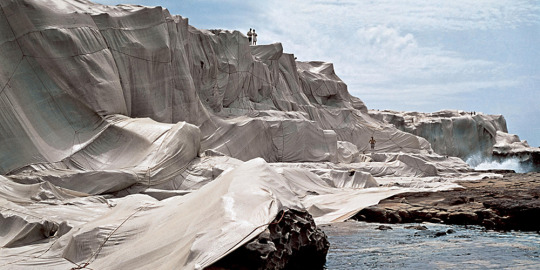
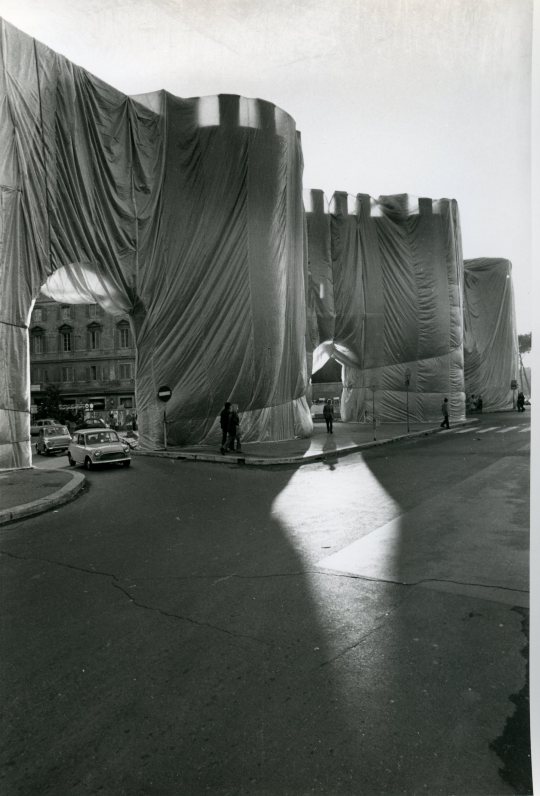
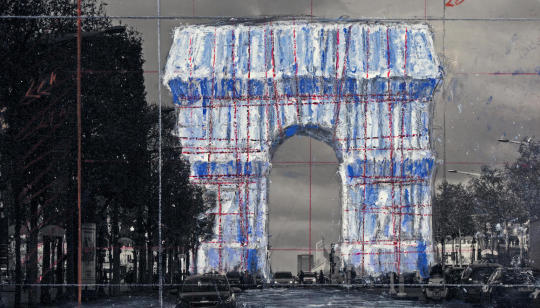
-Christo-
6 notes
·
View notes
Photo
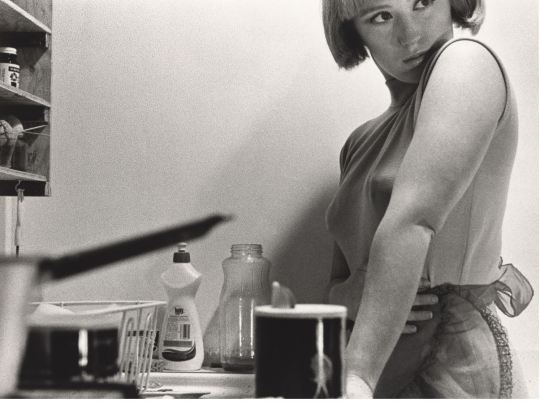
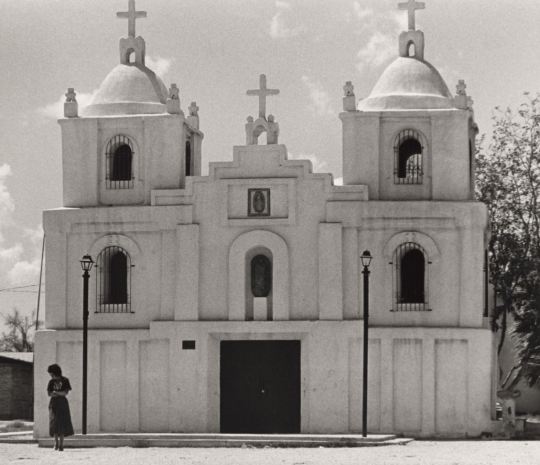
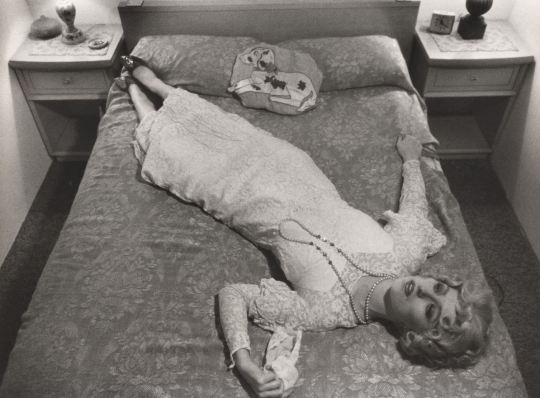
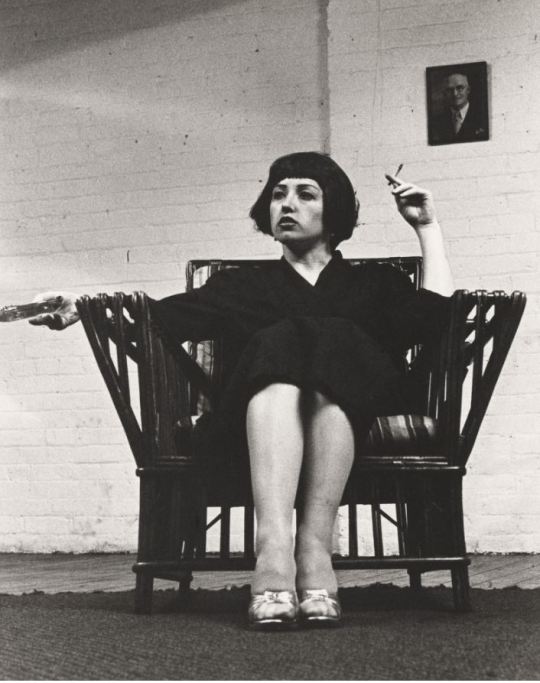
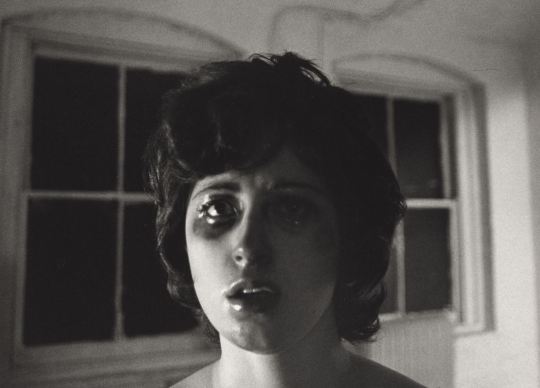
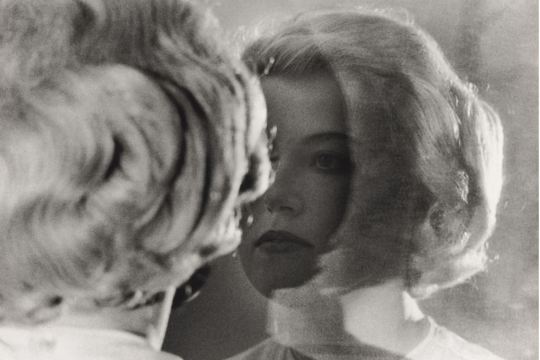
Untitled Film Still #1 #11 #16 #30 #42 #56 1980, Cindy Sherman
Cindy Sherman’s Untitled Film Stills is a suite of seventy black-and-white photographs in which the artist posed in the guises of various generic female film characters, among them, ingénue, working girl, vamp, and lonely housewife. Staged to resemble scenes from 1950s and ’60s Hollywood, film noir, B movies, and European art-house films, the printed images mimic in format, scale, and quality the often-staged “stills” used to promote films. By photographing herself in such roles, Sherman inserts herself into a dialogue about stereotypical portrayals of women. Whether she was the one to release the camera’s shutter or not, she is considered the author of the photographs. However, the works in Untitled Film Stills are not considered self-portraits.
Credits: MoMA
#cindy sherman#photography#American Beauty#film#woman#cool#love#Black and White#movies#art#cinema#untitled#female#girl#feminism#cindy#sherman#self portrait#self#personal#80s#60s#stereotype#hollywood
19 notes
·
View notes
Photo
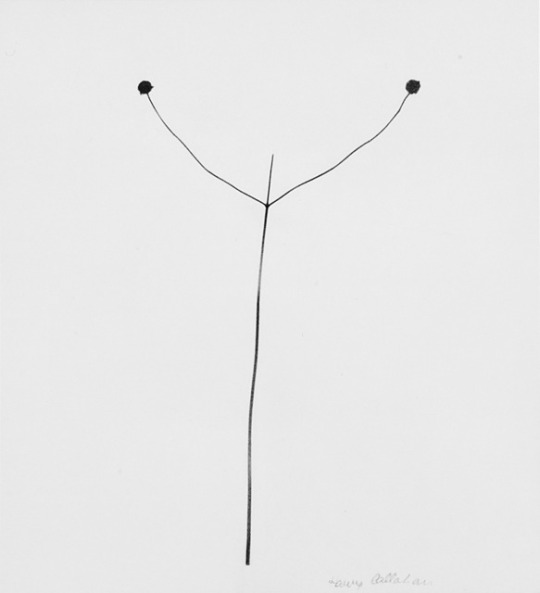
Weed Against Sky, 1948
#art#love#white#plant#femiinine#female#intimacy#pure#essential#harry callahan#in love#away vintage#vintage#photography#moma#ny#eleanor#sex#coquelicot#poppy#me#jadore#amour
1 note
·
View note
Photo
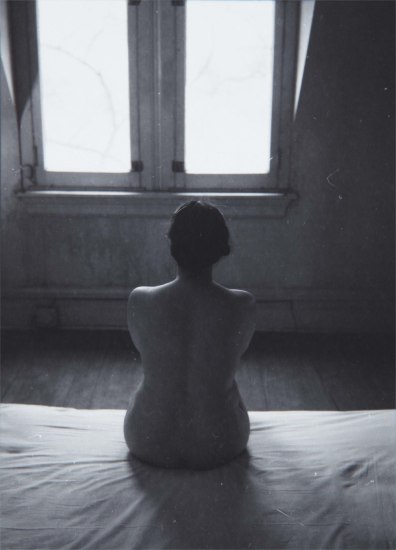
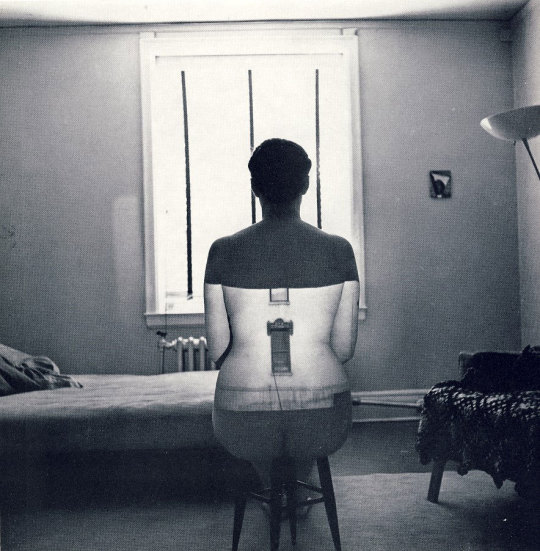
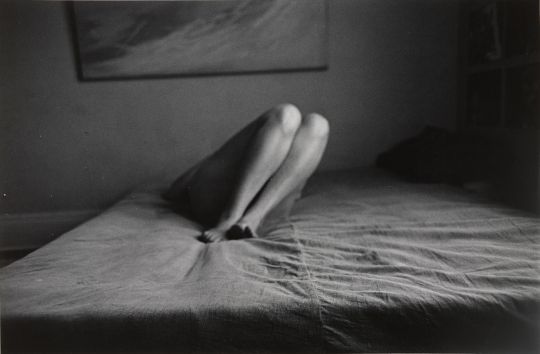
Harry Callahan. Left: Eleanor. c. 1947
Harry Callahan taught at the New Bauhaus, later renamed Institute of Design, Chicago, from 1946 to 1961 and applied the experimental impulse of its pedagogy to his own photographic process. Turning his camera on his wife, Eleanor, he investigated a number of technically challenging approaches, including double exposures created by rewinding the film in camera. Callahan often combined tightly framed or cropped images with high contrast, reducing Eleanor’s image or figure to a study of abstract forms in light or shadow.
source: MoMa, seeing through photographs
#harry callahan#photography#photographer#america#eleanor#love#wife#room#nude#poetry#shadow#in love#bed#vintage#black and white
3 notes
·
View notes
Photo
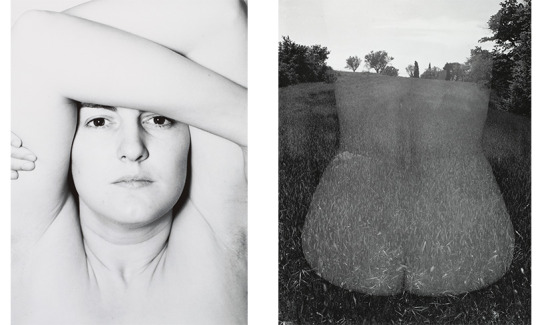
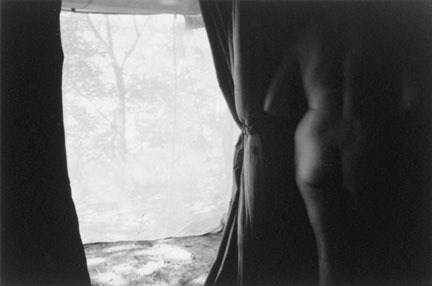
Harry Callahan. Left: Eleanor. c. 1947
Harry Callahan taught at the New Bauhaus, later renamed Institute of Design, Chicago, from 1946 to 1961 and applied the experimental impulse of its pedagogy to his own photographic process. Turning his camera on his wife, Eleanor, he investigated a number of technically challenging approaches, including double exposures created by rewinding the film in camera. Callahan often combined tightly framed or cropped images with high contrast, reducing Eleanor’s image or figure to a study of abstract forms in light or shadow.
source: MoMa, seeing through photographs
#harry callahan#eleanor#wife#love#photography#black amd white#nude#poetry#room#exeprimet#bauhaus#moma#experiment
2 notes
·
View notes
Photo
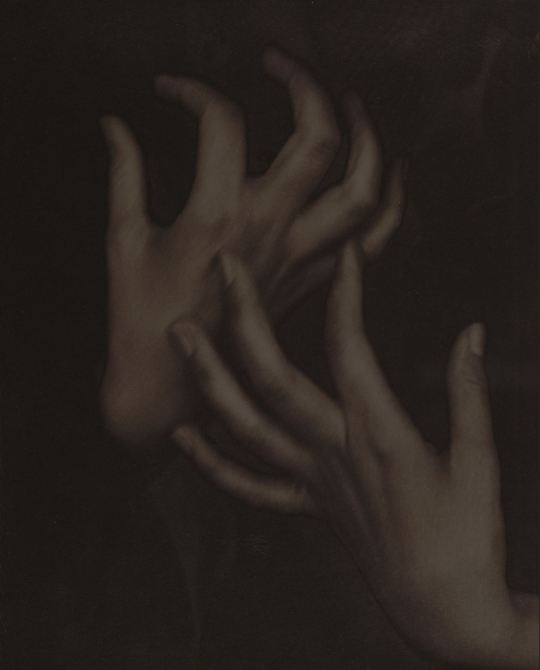
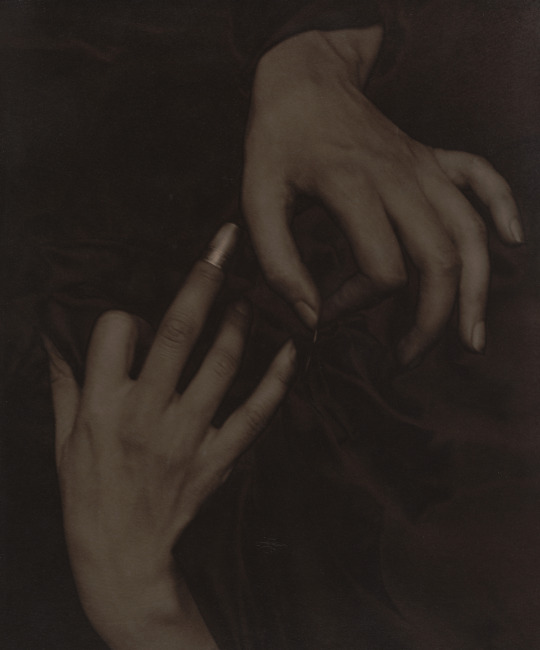
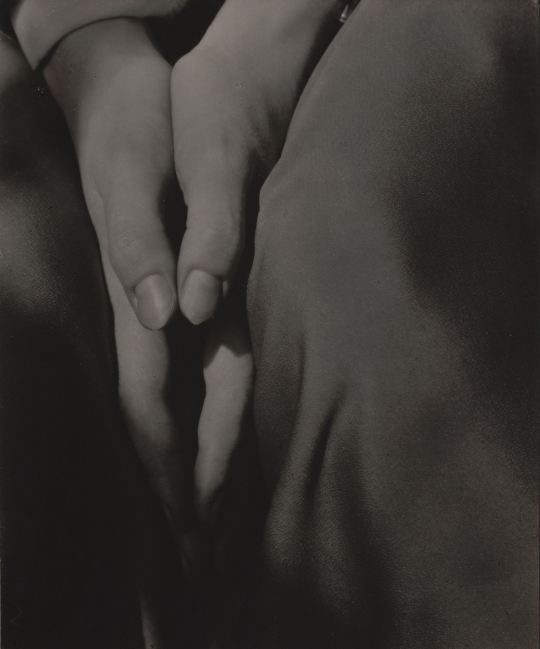
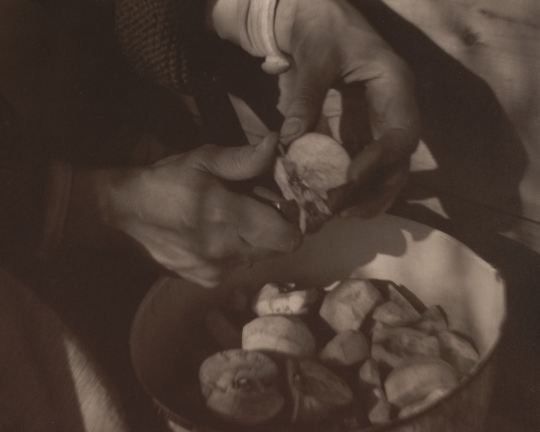
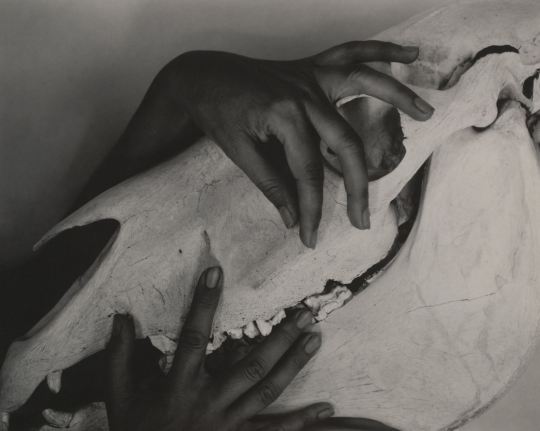
Alfred Stieglitz, Georgia O'Keeffe’s hands
#hand#love#photography#Alfred Stieglitz#pure#bw#black#white#old#photos#georgia okeeffe#art#action#moma#picture#j'adore
16 notes
·
View notes
Photo
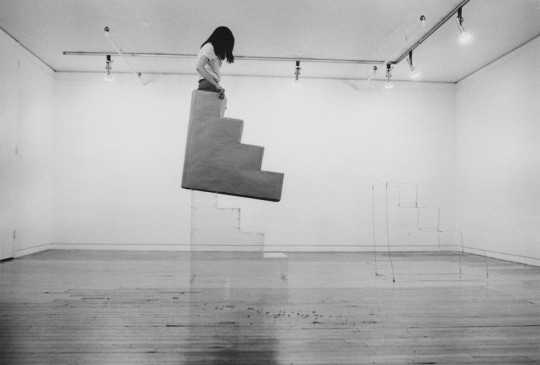
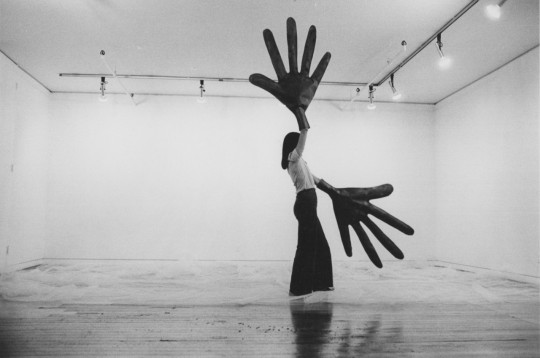
Born in 1941, Sylvia Palacios Whitman lived in southern Chile before moving to Santiago, where she studied painting and sculpture at the Universidad de Chile. In 1961 Whitman moved to New York and soon took an interest in dance and theater. She quickly became actively engaged in performance art, working with a number of artists, including Robert Whitman (b. 1935), whom she married in 1968. In 1970 Whitman performed with Trisha Brown at the Whitney Museum of American Art in New York and joined Brown's dance company three years later. Between 1974 and 1981 Whitman staged her own performance works at New York venues such as the Kitchen, Artists Space, and Sonnabend Gallery. Her pieces were typically performed by untrained participants and regularly incorporated found and manufactured props, which were frequently ephemeral, often made of paper or string, and discarded after the performance.
(Hammer Museum)
#sylvia palacios#chile#south america#artist#art#feminism#love#pure#hands#performance#Black and White#ny#america#theatre#woman#cool#dance#trisha brown
6 notes
·
View notes
Photo
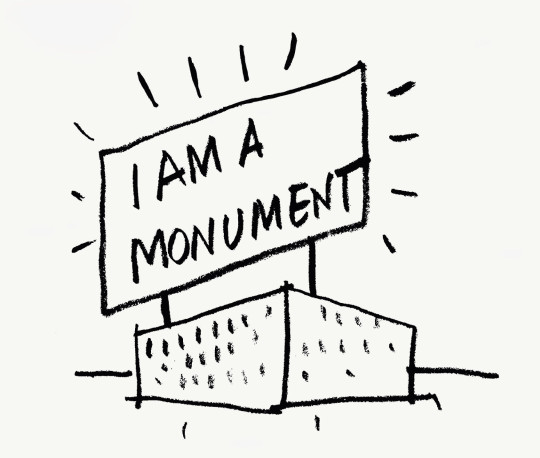
https://www.artribune.com/attualita/2014/02/architettura-nuda-15-francesco-napolitano/
0 notes
Photo

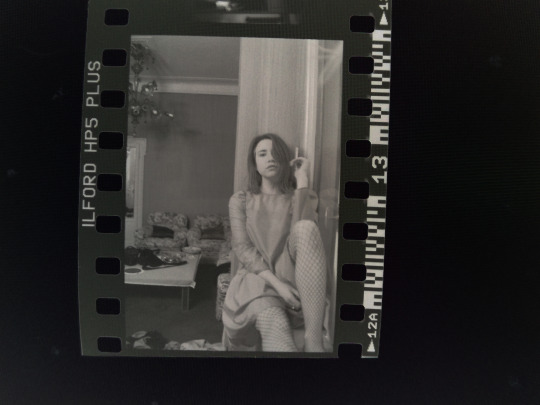
città sola, Olivia Laing
4 notes
·
View notes
Photo
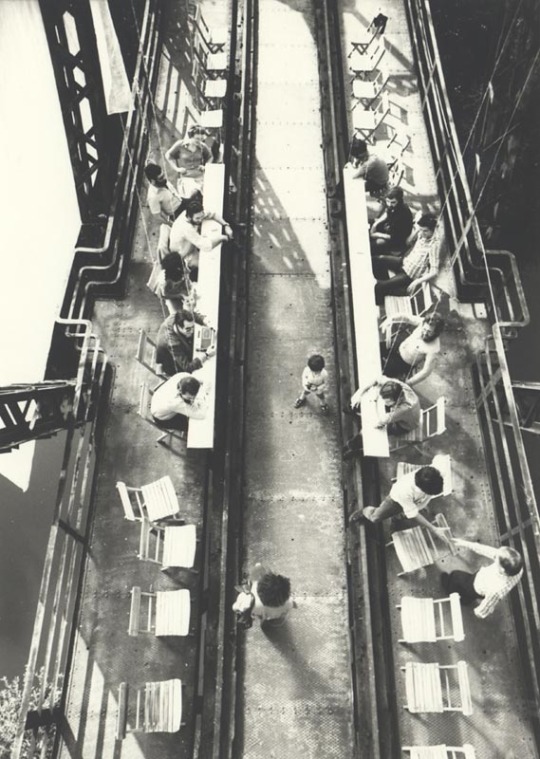
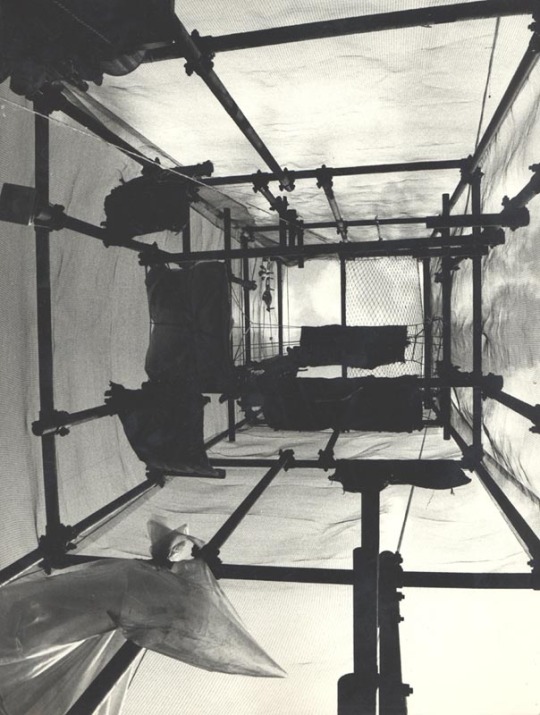
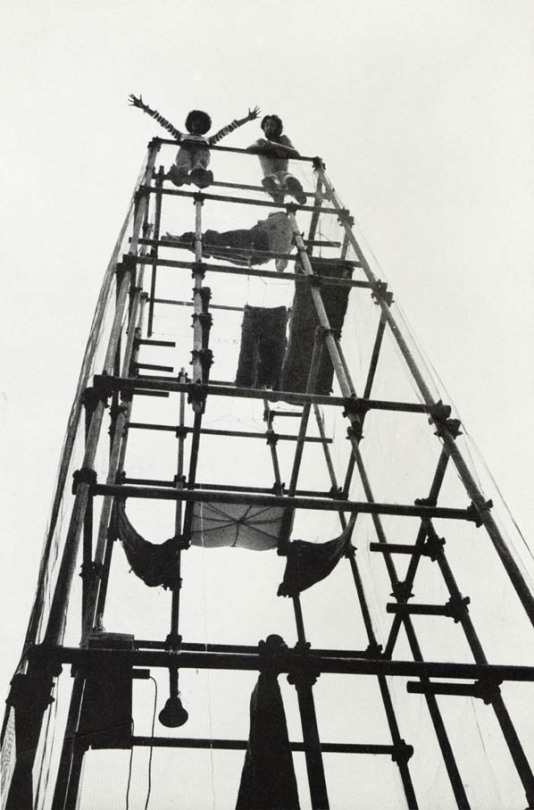
architetture culturalmente impossibili / progettarsi addosso
C A V A R T
Founded in 1973 near Florence by a group of young architecture students, Cavart was a reactionary initiative profoundly influenced by the radical architecture movement, whose philosophy - with the likes of Archizoom and Superstudio - had shaken the Italian educational system since the mid 1960s.
Promoting participation in design and deeply inspired by the natural environment and its metamorphoses, Cavart was an Italian design collective - active between 1973 and 1978 - that tirelessly pushed back architecture’s boundaries through a series of temporary and provocative events - seminars and workshops, but also films and exhibitions - to which non-professionals were invited to participate as well.
The collective’s first performance took place in the quarry of the Monte Lonzina, near Padua (Italy) - the location that inspired the name of the group: cavart meaning “quarry art”. “We chose the name Cavart because we wanted to [...] realise the concept of removal, a quarry is a beautiful and extraordinary setting” which has been “formed simply by ditching the soil” explained architect Michele de Lucchi in an interview in Domus in 1999.
Hidden by the spontaneous vegetation that had taken over the abandoned quarry of Monte Ricco near Padua, in July 1975 Cavart settled for a weeklong architectural workshop called "Culturally Impossible Architecture". More than 100 students, architects, artists and curious participated to the event, among whom were Marco Zanini and Will Alsop.
Despite its short existence, Cavart not only brought together many young individuals - among whom many were to become key actors of the upcoming international design and architecture scene - but it also played an active role in re-defining the design process itself, bringing to the center of all experience and spontaneity.
full article: http://www.the-offbeats.com/articles/cavart-between-archaism-and-futurism/
#cavart#decouverte#du jour#architecture#radical#de lucchi#Ettore Sottsass#in love#cava#padua#florence#70s#domus#design#pregettare#project#architetture culturalmente impossibili#culture#love#art#photography#italy
0 notes
Photo
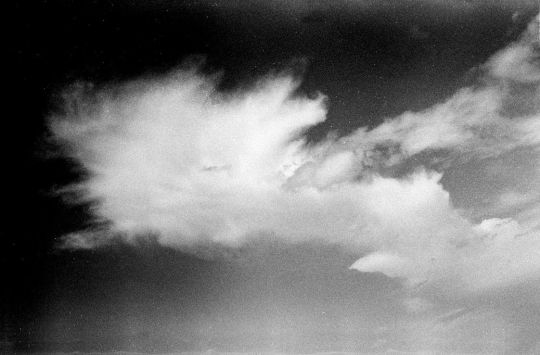
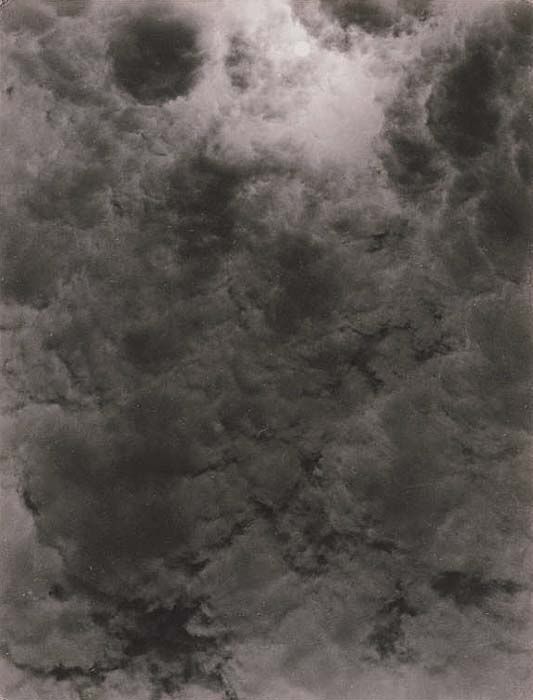
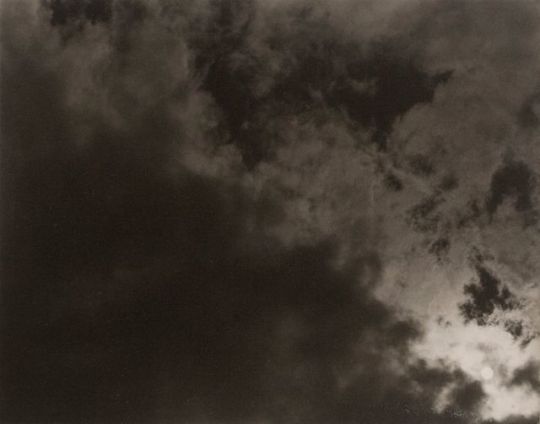
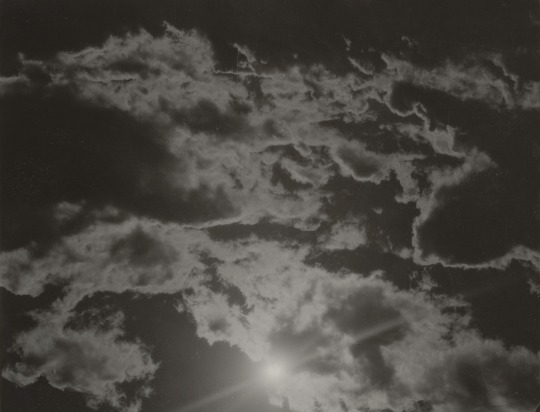
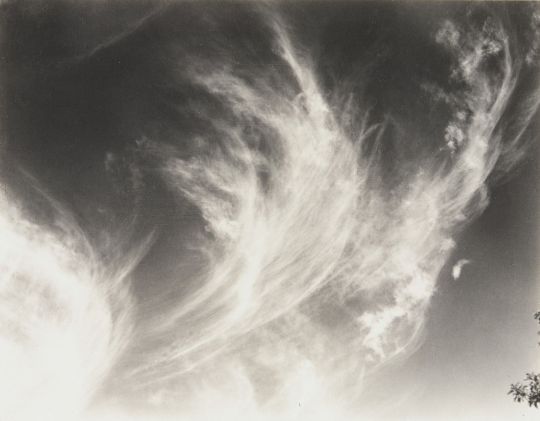
Equivalents is a series of photographs of clouds taken by Alfred Stieglitz from 1925 to 1934. They are generally recognized as the first photographs intended to free the subject matter from literal interpretation, and, as such, are some of the first completely abstract photographic works of art. Stieglitz took at least 220 photographs that he called Equivalent or Equivalents; all feature clouds in the sky.
“And the beautiful thing about Stieglitz Equivalents is that, the fact that you're always seeing forms in clouds. In the Equivalents you don't. You just see clouds.” -Vik Muniz
#equivalent#equivalents#sky#Black and White#alfred stieglitz#photography#clouds#contrast#form#see#abstract#in love#du jour
24 notes
·
View notes
Photo
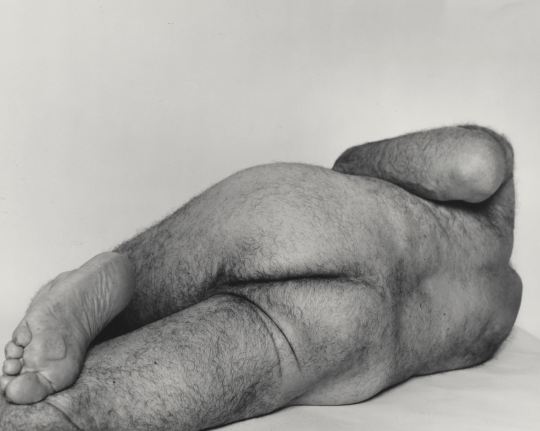
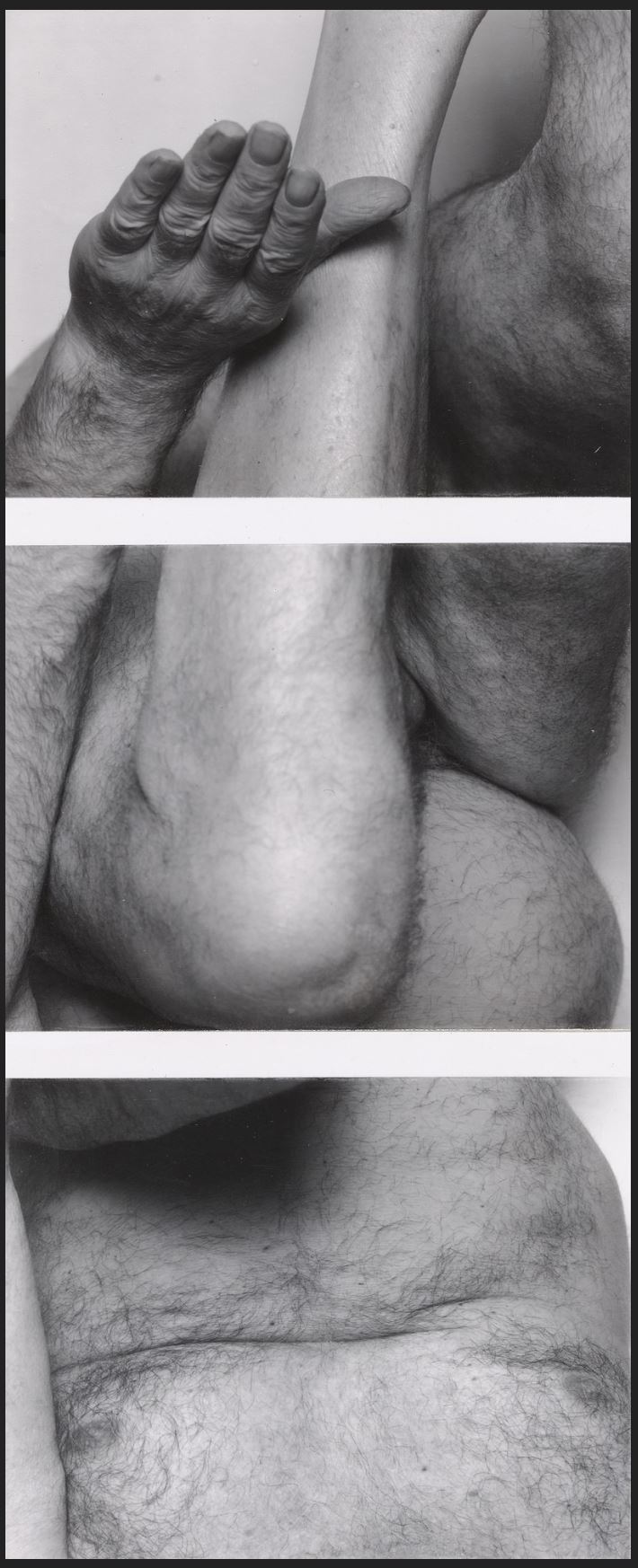
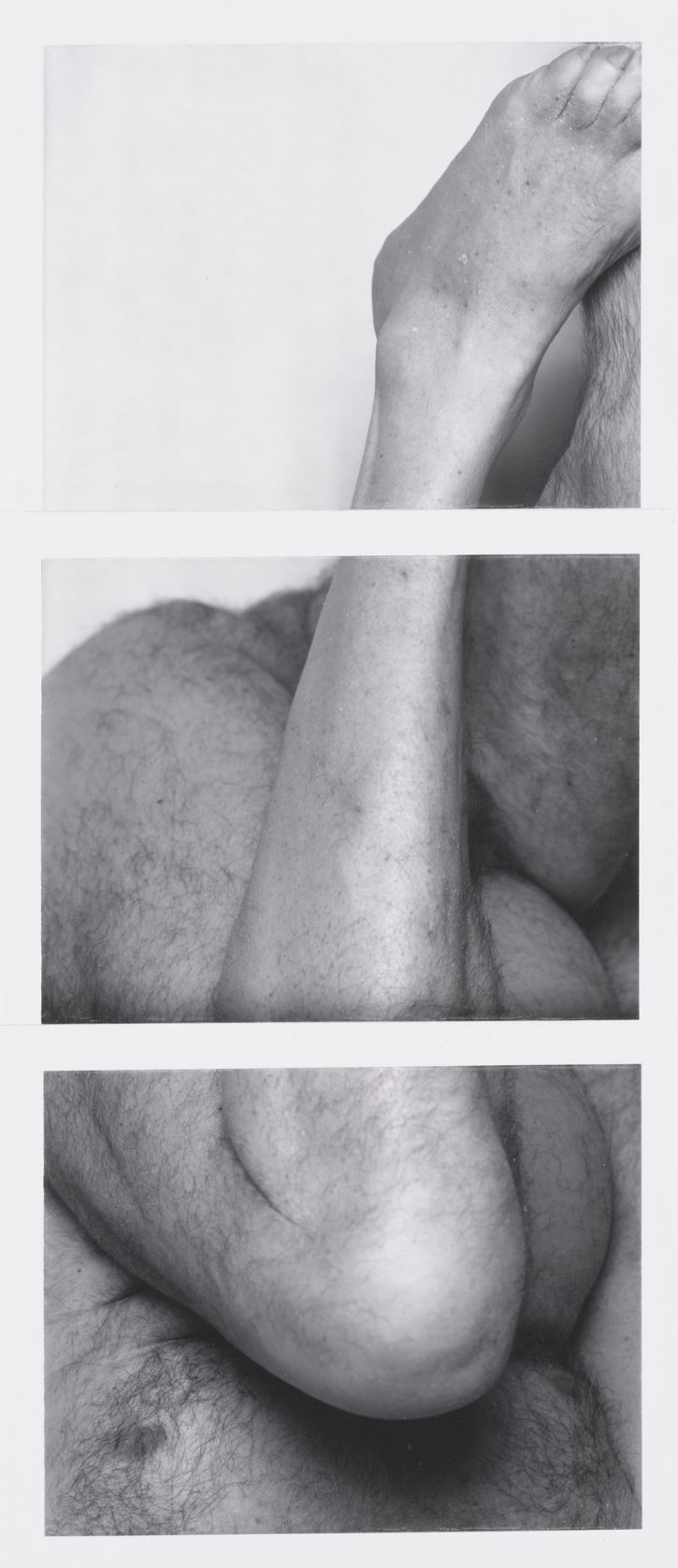
John Coplans, polaroid instant prints.
Coplans was a founding editor of art magazines Artforum and Dialogue. He served as curator at the Pasadena Art Museum in Pasadena, California, and later as director at the Akron Art Institute in Akron, Ohio. Also known for his large-scale photographic self-portraits consisting of somewhat abstract close-up views of his aging body. He was an avid collector of photography. He was married to the photographer Amanda Means.
Source: MoMA
#john coplans#photography#American Beauty#usa#polaroid#instant#print#love#nude#study#self#untitled#british photographer#du jour#i love#black and white
120 notes
·
View notes
Photo
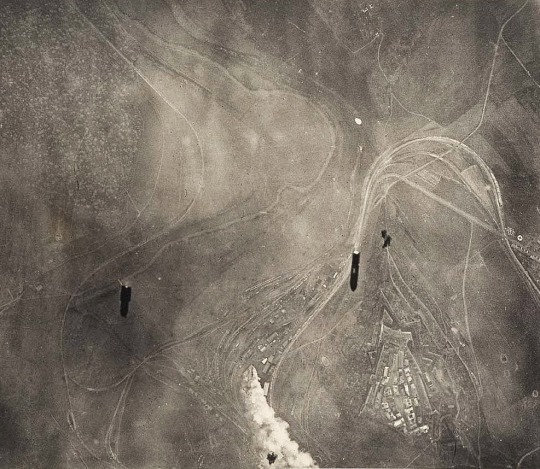
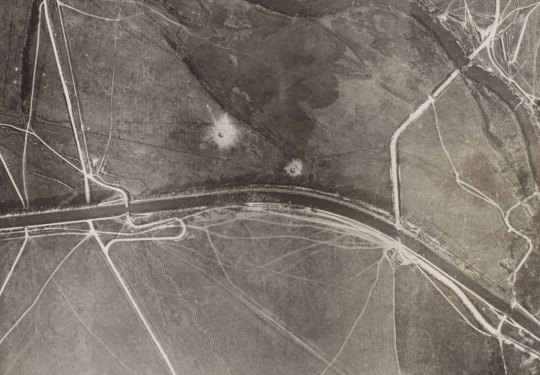
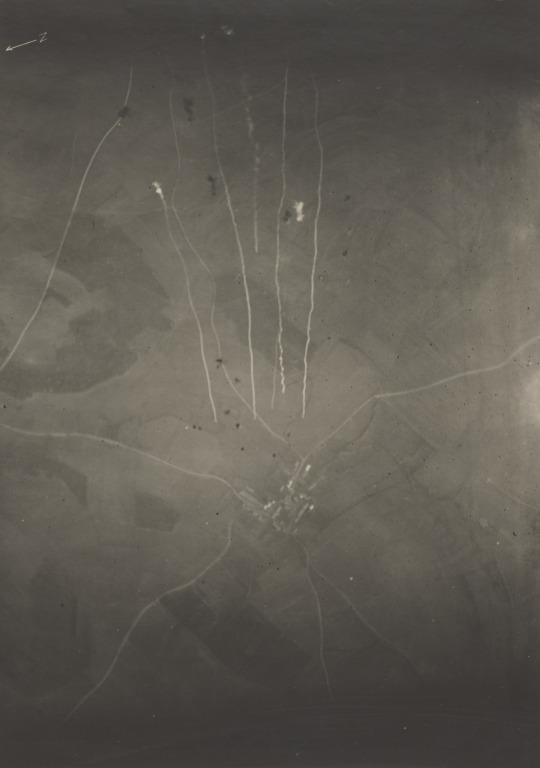
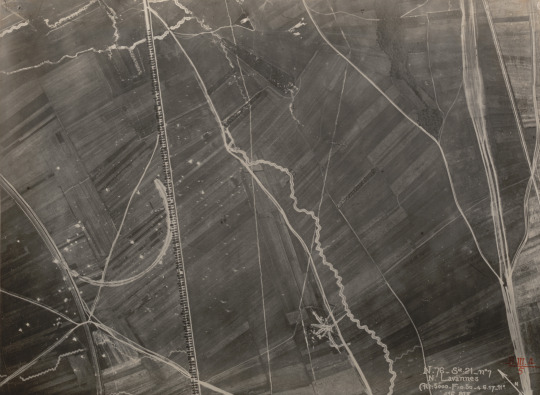
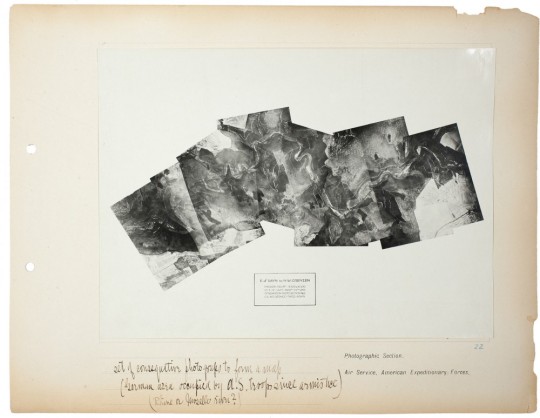
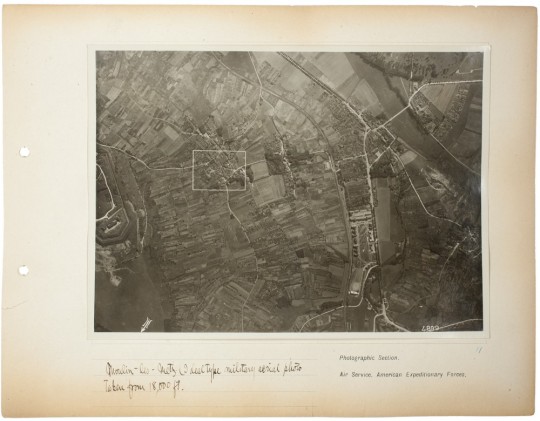
Edward Steichen aerial photography.
Edward Steichen (American, born Luxembourg, 1879–1973) was one of the most influential photographers of the 20th century—a pioneering champion of art photography and an innovator of fashion and commercial photography. Lesser known, however, is his important role in World War I, as chief of the Photographic Section of the American Expeditionary Forces from 1917 to 1919.
source: https://archive.artic.edu/steichen/index.html
#edward steichen#frenchphotographer#xx century#Black and White#war#world war one#aereal#photography#aereal view#aereal photography#love#beauty#du jour
1 note
·
View note